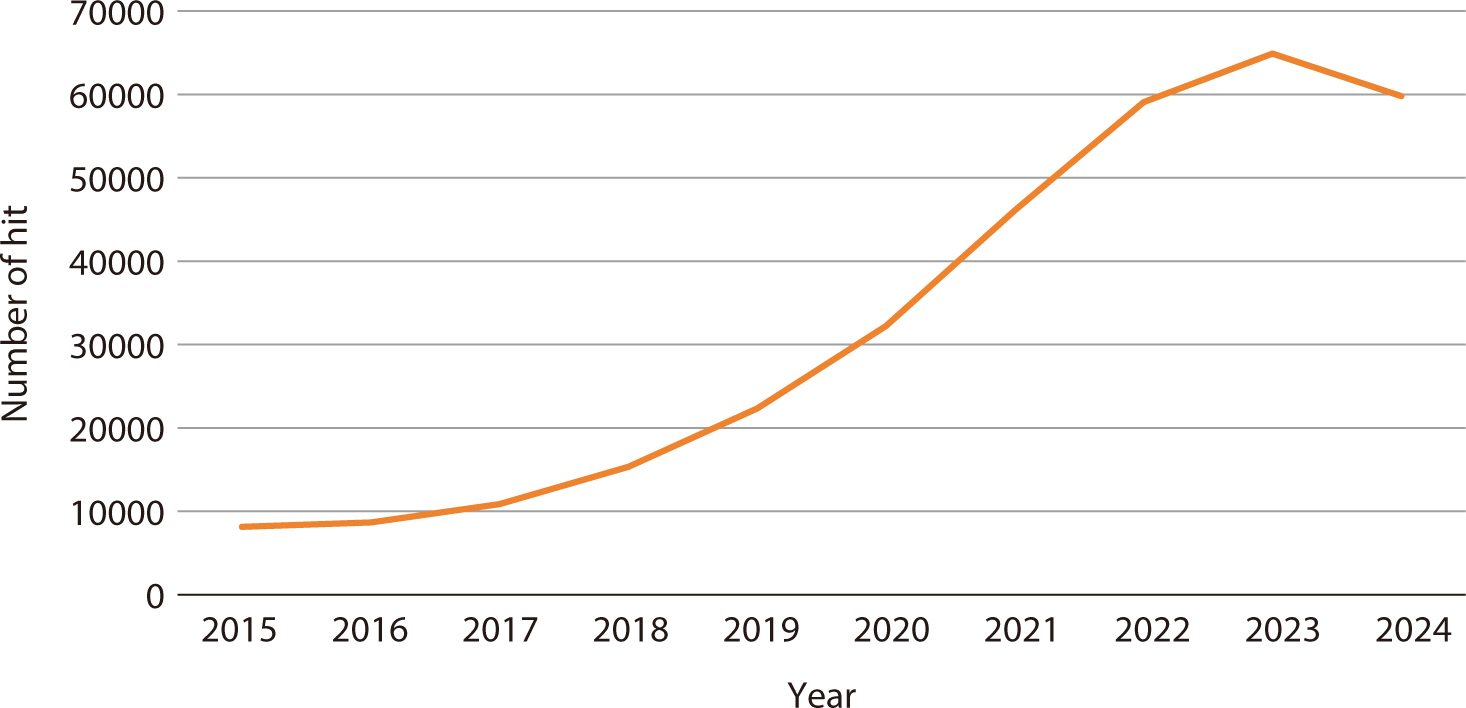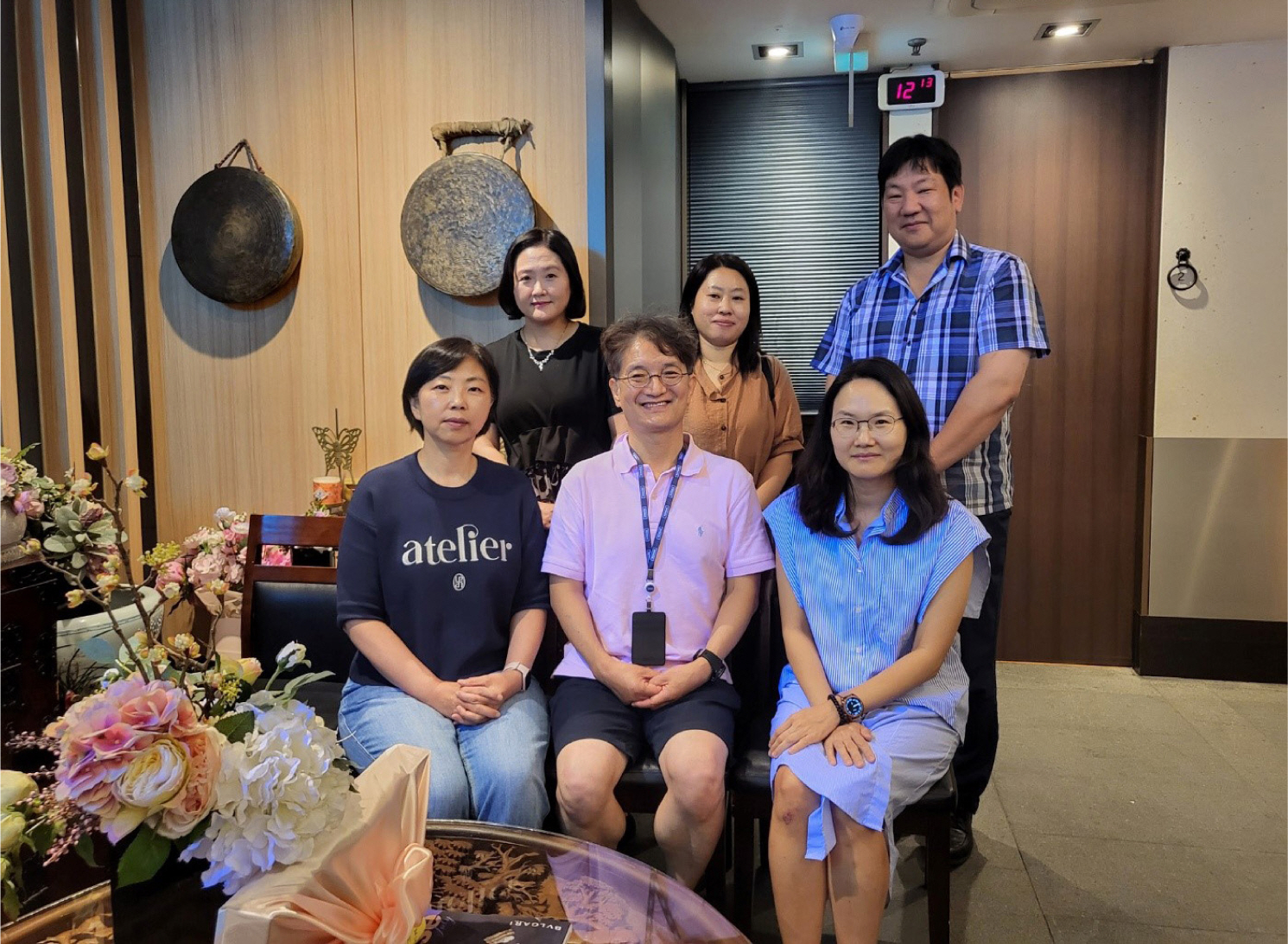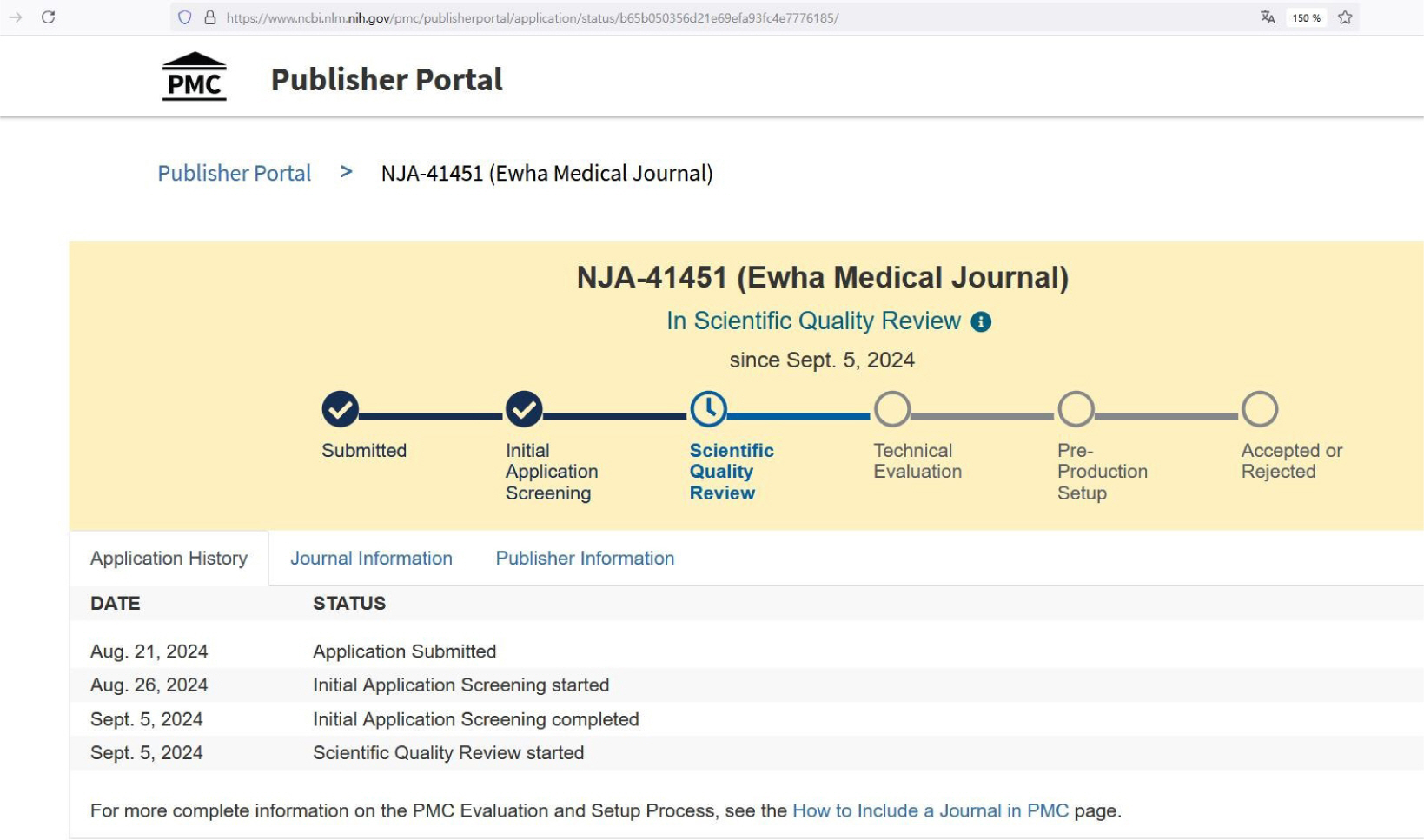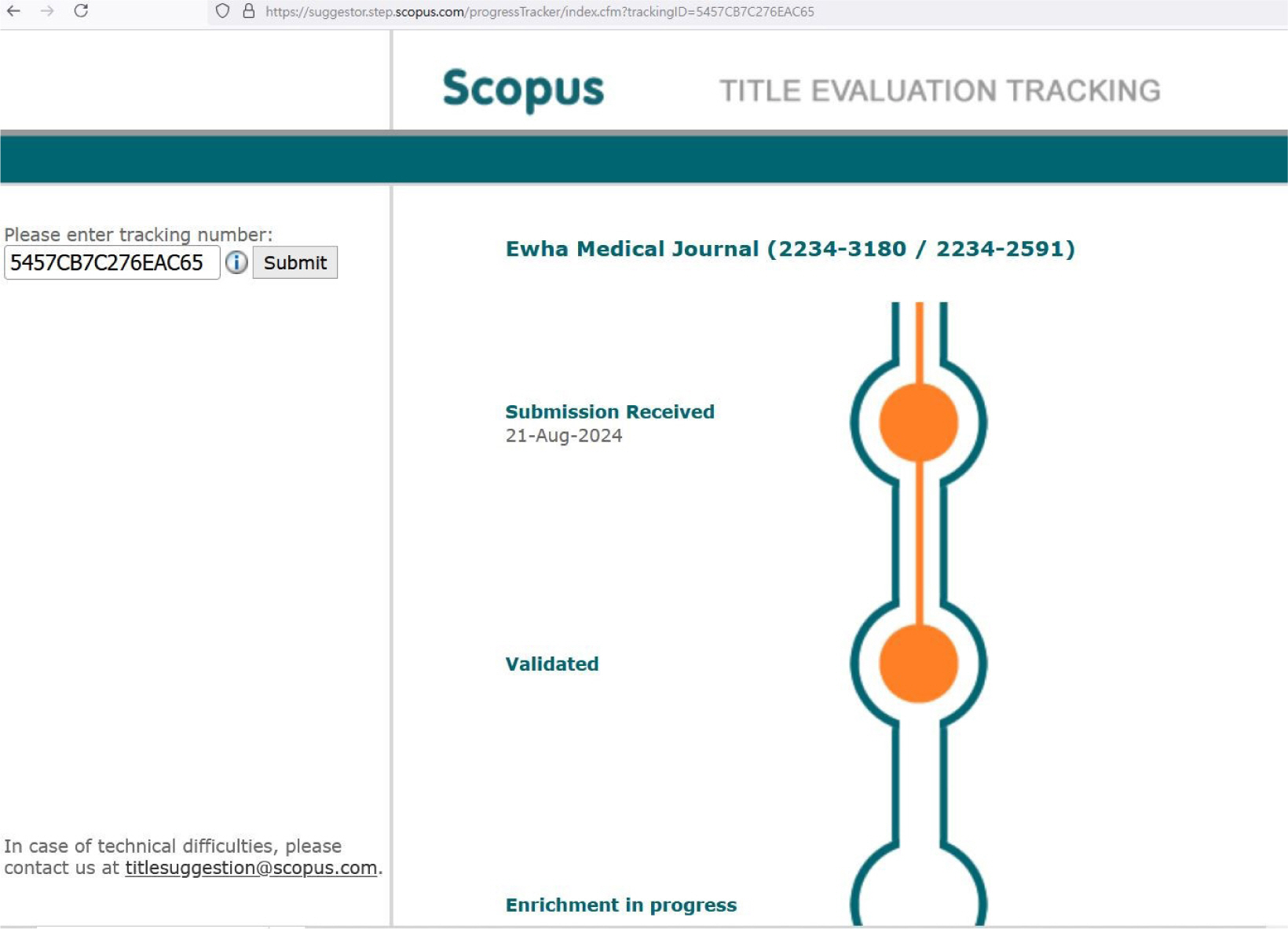The Royal Swedish Academy of Sciences has awarded the 2024 Nobel Prize in Physics to
John J. Hopfield of Princeton University, NJ, USA, and Geoffrey E. Hinton of the
University of Toronto, Canada. They are recognized "for foundational
discoveries and inventions that enable machine learning with artificial neural
networks" [1]. Additionally, the
Academy has bestowed the 2024 Nobel Prize in Chemistry upon David Baker of the
University of Washington and the Howard Hughes Medical Institute, USA, "for
computational protein design." The other half of the prize has been awarded
jointly to Demis Hassabis and John M. Jumper of Google DeepMind, London, UK,
"for protein structure prediction" [2].
Machine learning and deep learning are profoundly impacting individual lives and
medical research. Modern technological systems, equipped with these capabilities,
are increasingly being integrated into medical research, marking an inevitable
trend. A search on PubMed using the terms "((artificial intelligence) OR
(machine learning)) OR (deep learning) OR (deep neural network)" reveals a
significant increase in related articles (Fig.
1).
Integrating machine learning and deep learning into medical education is now
necessary. The National Health Insurance Service of Korea has already started to
reimburse for radiology image classification tools that utilize deep learning [3]. This area is advancing rapidly through
collaborations between medical faculty and venture companies in Korea. Thus, it is
crucial to incorporate machine learning and deep learning into medical curricula.
Many Korean medical schools have already begun to introduce these topics. However,
since the start of the new semester in March, medical education—including
resident training in hospitals—has been disrupted due to the Korean
government's policy to increase medical school admissions by 2,000 slots. As
a result, most medical students are currently not attending classes, and numerous
residents have resigned from their positions [4]. It is regrettable that education, particularly at a time when
machine learning and deep learning are increasingly important, is being interrupted.
I hope we can soon find a way through this tragic situation, but resolving the
ongoing conflict between the Korean government and medical societies appears
challenging. Despite Korea's strengths in science, government officials have
yet to provide scientific evidence to support their policies on medical school
quotas [5]. In the Jewish discussion method
known as Havruta, peers engage in debate from opposing viewpoints. Such discussions
could lead to better mutual understanding and more scientific thinking if both
parties participate.
Dr. Keun Lee, a pediatrician at Ewha Womans University College of Medicine, passed
away on May 14, 2024, in the United States at the age of 81 after a seven-year
battle with vascular dementia. I vividly remember her from attending the annual
meetings of the Korean Society of Medical Education in the 1990s. Her love for
medical students and dedication to education were evident in her speeches and
discussions with society members. Dr. Su Jin Cho, her student, wrote a beautiful
obituary [6]. To commemorate her pioneering
work in developmental screening studies, we have included her 1987 article from the
Journal of the Korean Pediatric Society in this issue after English translation
[7]. This article describes her extensive
efforts to introduce the Denver Developmental Screening Test to Korea by testing
2,140 children, providing pediatricians with a tool to directly observe and assess
children's developmental progress. All students of Ewha Womans University
College of Medicine who learned from her will remember her as an excellent
researcher and beloved educator.
This issue contains invited articles on two particular topics: cutting-edge
technologies in radiation therapy and recent management strategies for liver cancer.
Dr. Jun Won Kim wrote a guest editorial on the former topic [8], introducing three articles on particle therapy, FLASH
radiation therapy, and artificial intelligence in radiation therapy. This will
provide an excellent opportunity for our readers to gain insights into the latest
advancements in radiation therapy.
A leading research group specializing in liver cancer, headed by Dr. Haeryoung Kim, a
pathologist at Seoul National University Hospital, has published four review
articles. These articles cover a range of topics including the histopathological and
molecular heterogeneity of hepatocellular carcinoma; the pathogenesis and management
of metabolic dysfunction-associated steatohepatitis-related hepatocellular
carcinoma; imaging findings of intrahepatic cholangiocarcinoma for prognosis
prediction and treatment decision-making; and the pharmacological treatment of
advanced hepatocellular carcinoma. Despite liver cancer being the second leading
cause of death in Korea, mortality rates have been steadily declining [9]. Access to the latest knowledge and
technologies for managing liver cancer is invaluable for readers.
"The leitmotifs we share" is an essay by a student from Ewha Womans
University College of Medicine that received the grand prize at the 2024 Korean
Medical Student Essay Competition on September 28, 2024. Her essay, originally
written in Korean, was noted for its exceptional quality, especially for a student.
It is presented here in English translation, accompanied by the original Korean text
as a supplement [10]. Readers worldwide will
connect deeply with the delicate leitmotifs she shares with patients.
"Gender and healthcare issues related to the Protected Birth Act in
Korea" [11] by Prof. Jiah Jeong of
Chungnam National University has been selected for secondary publication following
its translation into English from the original Korean article in Women's
Health Nursing. This legislation is designed to prevent infanticide and child
abandonment by mandating the reporting of births and allowing anonymous births for
women in crisis pregnancies. The paper examines the gender and healthcare
consequences of the Act, highlighting its role in perpetuating discrimination
against unmarried pregnancies and reinforcing traditional family values. With Korea
currently holding the lowest birth rate in the world, the primary goal of this
legislation is to provide genuine protection to women facing crisis situations.
Additionally, it could help increase the birth rate by improving social support
systems.
Clinical practice guidelines for diagnosing and treating scabies in Korea are divided
into two parts: Part 1 addresses epidemiology and clinical manifestations [12], and Part 2 discusses treatment and
prevention [13]. These guidelines have been
translated into English and are published as secondary publications with permission
from the editor of the original journal, the Korean Journal of Dermatology. They are
intended to assist dermatologists and general physicians in diagnosing and treating
patients with scabies. The prevalence of scabies in Korea decreased from 97.6 per
100,000 person-years in 2010 to 43.4 in 2021. Despite this decline, the incidence of
scabies remains relatively high among elderly populations in long-term care
facilities [14].
An excellent article on a novel measure of perceived cognitive decline was translated
into Korean with Dr. Hamid R. Sohrabi, co-authors, and the publisher's
permission [15]. The authors named this
measurement tool the McCusker Subjective Cognitive Impairment Inventory (McSCI). I
hope Korean physicians use this tool to detect the cognitive impairment of visitors
more conveniently.
The Korean translation of the "Recommendations for the Conduct, Reporting,
Editing, and Publication of Scholarly Work in Medical Journals" (revised in
January 2024) [16] has been released with
assistance from the Korean Association of Medical Journal Editors (KAMJE). This
translation will greatly benefit many medical editors in Korea by providing them
with immediate access to these guidelines. I would like to express my gratitude to
Dr. Dong Soo Han, president of KAMJE, for permitting the publication of this
invaluable document.
Dr. Ryung-Ah Lee retired from Ewha Womans University College of Medicine in August.
Since 2011, she has been a significant contributor to the Ewha Medical Journal.
Under her 14-year editorship, the journal achieved international recognition as a
bilingual publication in Korean and English. She also collaborated with me at KAMJE
for many years. When we first met at the KAMJE annual meeting in 2007, I immediately
recognized her as a prominent leader at her medical school and within her academic
society. Her active engagement and dedication were particularly striking. In 2008, I
invited her to join the Committee for Information Management at KAMJE while I was
the committee chair. Later, she supported me as the chair of the Committee for
Planning and Administration at KAMJE during my presidency from April 2020 to March
2023. I owe her a great deal. This is the reason I agreed to take on the editorship
of the Ewha Medical Journal, despite my retirement in February 2024. I simply could
not turn down her request for assistance with the journal. Dr. Lee is renowned as an
outstanding colon cancer surgeon and researcher, and her commitment to resident
training is widely recognized. In September, she transitioned to a biotechnology
company, CorestemChem Inc., where she now focuses on stem cell therapy and
non-clinical research projects as the manager of the Research and Development
Innovation Headquarters. I am confident that she will achieve excellent results in
patient care, leveraging her extensive clinical and surgical expertise. To mark her
retirement, some members of the editorial board gathered for a farewell party on
August 26, 2024, in downtown Seoul (Fig.
2).
Although the Ewha Medical Journal has been indexed in the Emerging Sources Citation
Index and Embase since 2016, being searchable in PubMed Central (PMC)/PubMed and
Scopus is essential. Additionally, inclusion in the Directory of Open Access
Journals (DOAJ) is critical for international recognition as an open-access journal.
With the assistance of Ms. Yoonjin Kim from Infolumi Co., Korea (https://infolumi.co.kr/), and the support of our editorial board, we
have refined our publishing policies, research and publication ethics, best
practices, and author guidelines. We have also introduced new publishing policies
that include article sharing, preprint options, procedures for handling corrections
and retractions, CrossMark, and advertising policies.
On August 21, 2024, we submitted our application to PMC, initiating the review
process. The progress of this review can be monitored through the PMC Publisher
Portal [17]. Since September 5, 2024, the
journal has been in the scientific quality review stage (Fig. 3). The application form is included in Supplement 1. During our
previous PMC application on July 13, 2021, we received feedback from reviewers on
March 12, 2022. This feedback pointed out several issues, including article quality,
study design, methods description, adherence to guidelines, clarity of writing,
conflict of interest statements, and diversity among authors and editors. Despite
the editorial team's diligent efforts to address these issues, meeting the
scientific quality standards required by PMC reviewers continues to be a significant
challenge.
We also applied to Scopus on August 21, 2024 (Supplement 2). After applying, I received a letter from the
Scopus Title Evaluation Specialist, noting that the Ewha Medical Journal had been
suggested for inclusion in Scopus as of March 31, 2015. The decision letter, dated
January 3, 2017, noted that although the journal was readily accessible online, it
did not meet other criteria due to low citation rates in Scopus and insufficient
international diversity among its authors and editors. I have addressed these issues
in my responses (Supplement
3). The progress of the review process can be monitored via the Scopus
Title Evaluation Tracking [18]. As of August
2024, the process is still in the pre-enrichment stage (Fig. 4), and the final decision may take 4 to 12 months.
We applied to DOAJ on August 24, 2024 (Supplement 4) and are awaiting the outcome of the review.
Editing this journal to fully satisfy readers with engaging and unique topics is a
challenging task. Our primary audience includes the members of Ewha Womans
University College of Medicine and Ewha Womans University hospitals. Additionally,
our secondary audience comprises individuals worldwide who are interested in Korean
medicine. Maintaining the journal's uniqueness and providing valuable content
continue to be challenges for editors. Our editors have exerted their utmost effort
to meet the readers' demands, and we hope that you enjoy this issue.
Supplementary materials
Supplementary materials are available from: https://doi.org/10.12771/emj.2024.e71.
Supplement 1. Application form of Ewha Medical Journal reviewed by PubMed Central
Supplement 2. Application form of Ewha Medical Journal to Scopus
Supplement 3. Responses from Ewha Medical Journal to Scopus regarding the 2015 application
Supplement 4. Application form of Ewha Medical Journal to the Directory of Open Access Journals
References
1. The Royal Swedish Academy of Sciences. Press release: The Nobel Prize in Physics 2024 [Internet]. Stockholm (SE): The Royal Swedish Academy of Sciences;c2024. [cited 2024 Oct 13]. Available from: https://www.nobelprize.org/prizes/physics/2024/press-release/.
2. The Royal Swedish Academy of Sciences. Press release: The Nobel Prize in Chemistry 2024 [Internet]. Stockholm (SE): The Royal Swedish Academy of Sciences;c2024. [cited 2024 Oct 13]. Available from: https://www.nobelprize.org/prizes/chemistry/2024/press-release/.
3. Ministry of Health and Welfare. The 21st Health Insurance Policy Deliberation Committee in 2023
[Internet]. Sejong (KR): Ministry of Health and Welfare;c2023. [cited 2023 Oct 26]. Available from: https://www.mohw.go.kr/board.es?mid=a10107010000&bid=0045&act=view&list_no=375218.
4. Huh S. Unresolved policy on the new placement of 2,000 entrants at
Korean medical schools and this issue of Ewha Medical
Journal. Ewha Med J. 2024; 47(3):e32. DOI: 10.12771/emj.2024.e32.

5. Huh S. The new placement of 2,000 entrants at Korean medical schools in
2025: is the government’s policy evidence-based? Ewha Med J. 2024; 47(2):e13. DOI: 10.12771/emj.2024.e13.

6. Cho SJ. Keun Lee (October 10, 1942 – May 14, 2024): a pioneering
pediatrician in the field of developmental screening tests in Korea and a
beloved teacher at Ewha Womans University College of
Medicine. Ewha Med J. 2024; 47(4):e55. DOI: 10.12771/emj.2024.e55.

7. Lee K. Standardization of the Denver Developmental Screening Test for
children in Seoul: a validity study. Ewha Med J. 2024; 47(4):e61. DOI: 10.12771/emj.2024.e61.

8. Kim JW. Cutting-edge technologies in external radiation
therapy. Ewha Med J. 2024; 47(4):e59. DOI: 10.12771/emj.2024.e59.

9. Noh H, Seo J, Lee S, Yi N, Park S, Choi YJ, et al. Cause-of-death statistics in 2020 in the Republic of
Korea. J Korean Med Assoc. 2023; 66(2):132–142. DOI: 10.5124/jkma.2023.66.2.132.
11. Jeong J. Gender and healthcare issues related to the Protected Birth Act
in Korea. Ewha Med J. 2024; 47(4):e47. DOI: 10.12771/emj.2024.e47.

12. Park J, Kwon SH, Lee YB, Kim HS, Jeon JH, Choi GS; on behalf of the Scabies Study Group of the Korean Dermatological
Association. Clinical practice guidelines for the diagnosis and treatment of
scabies in Korea: Part 1. Epidemiology, clinical manifestations, and
diagnosis — a secondary publication. Ewha Med J. 2024; 47(4):e73.

13. Park J, Kwon SH, Lee YB, Kim HS, Jeon JH, Choi GS; on behalf of the Scabies Study Group of the Korean Dermatological
Association. Clinical practice guidelines for the diagnosis and treatment of
scabies in Korea: Part 2. Treatment and prevention — a secondary
publication. Ewha Med J. 2024; 47(4):e72.

14. Lee Y, Lee Y, Kim MS, Lew BL, Kwon SH. Epidemiology of scabies in Korea (2010~2021): an updated
report. J Mycol Infect. 2023; 28(4):100–107. DOI: 10.17966/JMI.2023.28.4.100.
15. Sohrabi HR, Gavett BE, Weinborn M, Speelman CP, Bucks RS, Martins RN. The McCusker Subjective Cognitive Impairment Inventory (McSCI): a
novel measure of perceived cognitive decline – a Korean
translation. Ewha Med J. 2024; 47(4):e74. DOI: 10.12771/emj.2024.e74.

16. International Committee of Medical Journal Editors. Recommendations for the conduct, reporting, editing, and
publication of scholarly work in medical journals (revised in January 2024):
a Korean translation. Ewha Med J. 2024; 47(4):e48.
17. National Center for Biotechnology Information. PMC Publisher Portal [Internet]. Bethesda (MD): National Center for Biotechnology Information;c2024. [cited 2024 Oct 13]. Available from: https://www.ncbi.nlm.nih.gov/pmc/publisherportal/application/open/b65b050356d21e69efa93fc4e7776185/.
18. Scopus. Title Evaluation Tracking [Internet]. Mérignac (FR): Scopus;c2024; [cited 2024 Oct 13]. Available from: https://suggestor.step.scopus.com/progressTracker/index.cfm?trackingID=5457CB7C276EAC65.




 PDF
PDF Citation
Citation Print
Print







 XML Download
XML Download